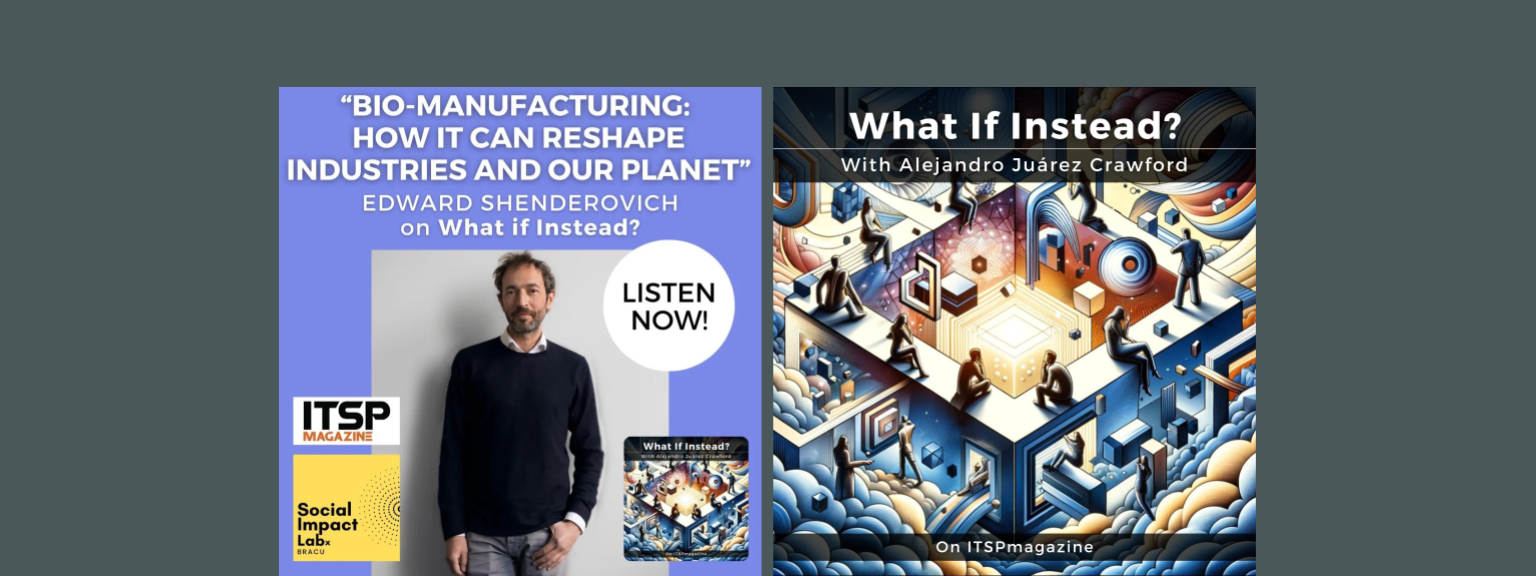The Muscles We Build by BridgingKate O’Neill, dean of the College of Business at American University in Iraq, Baghdad, grew up in a family that welcomed international guests into its home. In the ensuing decades, O’Neill has made her own home in countries such Guatemala, Japan, the United Arab Emirates, Afghanistan, Kuwait, and Iraq. Through all this experience, O’Neill learned a thing or two about building bridges. Doing so, she emphasizes, takes embracing discomfort and even contradiction: I think that’s really one of the throughlines that I have learned and picked up on and is a commonality throughout my work, whether it’s researching or consulting or teaching in the classroom or leading, is this concept of paradox and trying to help people not only understand it but also get comfortable with it, hopefully, because a lot of people are very uncomfortable with this concept. This discomfort not only can hinder effective communication and collaboration across cultures, it can also divide people who live in the same country. But how do we learn to embrace our misunderstandings and even put them right out front? As an example, O’Neill speaks about “semantic non-equivalence,” where the same terms or behaviors can mean very different things to people, depending on their background. She stresses the importance of understanding these differences – and leading with them: Just because we’re using a word or a term doesn’t mean we define it or understand it or experience it the same way. And I think that’s really key in leadership and in effective leadership, particularly when we talk about compassion as an essential part of being a leader is. What does this mean to you? And how do you experience it so that I can be compassionate to understand you, but then also to help you move beyond it. To achieve this, O’Neill stresses the power of being aware of one’s own cultural assumptions. She recounts how, when interacting with faculty and students in Iraq, she openly acknowledges cultural traits she learned growing up in the US: [When I] walk into a situation where I’m not culturally sure or perhaps I’m meeting somebody for the first time and they may be culturally unsure with me, I’ll own the uncertainty. Owning the uncertainty in this way, O’Neill emphasizes, can be quite straightforward: You know, I will walk in. I did this many times when I was new here in Iraq with my faculty and said, excuse me, but I need to be very American right now. I’m going to ask you directly and I’m going to need a yes/no answer because I don’t know you well enough to understand if you communicate with me in a very polite way in Arabic, being indirect. Recognizing and respecting differences bridges gaps. Assuming homogeneity – even where there’s a good bit of it to work with – can lead to misunderstandings and conflict. Sometimes this makes us better at bridging gaps when the differences are greater, because at least we know we need to do so: … when we’re aware of the differences, there’s an intentionality that allows us to bridge them … in a very homogeneous environment … we make assumptions about people understanding the world the same way we do …. This high expectation of cultural similarity can paradoxically lead to divisiveness: And then when they don’t behave the way we expect … it jars us, it shocks us because we’re not expecting the difference …. I think that’s where that jarring, that unpleasant surprise of difference where we expected similarity … turns into fear and confusion and threat and … breeds divisiveness. Play, according to O’Neill, is an essential mechanism of learning and team-building. The right kind of playfulness can help us surmount cultural barriers and build personal connections. Play is hard work …. It is a primary mechanism of learning … you learn a lot more about your colleagues … playing Monopoly with them than perhaps you do sitting at the lunch table …. This has applications in more formal contexts, too: in the workplace, yes, we do need to differentiate between playfulness and play … my team right now … has 12 different nationalities on it. I’ve led teams with 20-plus different nationalities … the ultimate demonstration that we are a team, we are effective, we have gelled, is when people are playful with each other … now you have superseded the cultural and connected at the personal. Efficiency and effectiveness can be seen, not as opposites, but as complementary elements that contribute to shared values within organizations. This perspective ties back to her overarching theme of purposeful communication and shared values. … maybe we don’t need to think about these as being competing forces … perhaps can we realign that they’re contributors to other greater values … like the stewardship of our organizations … this idea of being purposeful in sharing our thoughts and in the way we communicate with others … this whole conversation … is about values. And it’s about finding the shared values, even if we express them differently, like friendship … finding those … shared values that allow us to bridge … those differences, to work together, to see the commonalities. Finally, O’Neill reflects on what drives her students to push themselves. She believes that the discomfort of unfamiliarity propels individuals to seek understanding and simplicity within complexity, whether in a new cultural environment or a challenging organizational setting. … it’s that discomfort that pushes us to seek understanding … what is it that pushes my students to put themselves in uncomfortable positions?Tune into the episodes to hear the conversation:The Muscles We Build by Bridging | A conversation with Kate O’Neill | What If Instead? Podcast with Alejandro Juárez Crawford and Miriam Plavin-Masterman
What if Instead? is produced by Srijan Banik and the team at Social Impact Lab at BRAC University, which Banik founded. Cohosts Mim and Alejandro’s One Size Fits None: Time for an Entrepreneurial Revolution, is forthcoming from Emerald Publishing in Summer 2025,

